Abstract 8/2022
Table of content
Hubert Kołodziejski, Olgierd Wyszomirski – 30 years of operation of the Municipal Transportation Board (ZKM) in Gdynia
Robert Tomanek – Process of abandoning the market-based model of urban public transport operation
Michał Wolański – Evaluation of the effectiveness of the Polish urban mobility policies
Mikołaj Bartłomiejczyk, Marcin Połom – Selected operational and energy factors of electric buses and trolleybuses
Abstracts
Hubert Kołodziejski, Olgierd Wyszomirski
30 years of operation of the Municipal Transportation Board (ZKM) in Gdynia
Abstract: The Municipal Transportation Board (ZKM) in Gdynia has been organizing collective urban transport services in part of the Gdańsk Bay Metropolitan Area for 30 years. The separation of organizational and transport activities allowed for the introduction of competition in transport services to Gdynia urban transport. These services are performed by operators owned by the City of Gdynia and private operators. The basis of the organizing activity of the ZKM is marketing research of the demand, preferences and transport behavior of residents. On this basis, the ZKM develops the transport offer that is systematically optimized. During the operation of the ZKM, Gdynia’s public urban transport evolved in accordance with the sustainable development strategy. There has been a strong development of trolleybus transport based on vehicles traveling part of the route without the catenary. Also buses powered by compressed natural gas and electric buses have been put into operation. In the ZKM transport offer, services provided by midibuses and minibuses as well as services of a special nature have been given an appropriate place. An important element of the transport offer is the tariff, which has been systematically rebuilt in order to adapt to the changing conditions of the functioning of urban public transport, in particular economic and financial conditions. The condition for providing passengers with services of an appropriate quality is constant supervision and regulation of vehicle traffic by the ZKM. Customer service is of great importance in the operations of the ZKM. The Municipal Transportation Board also undertook activities focused on education for children and adolescents. Gdynia urban public transport organized by the ZKM was highly valued by both residents and experts. In the year of the 30th anniversary, the ZKM faces new challenges in the situation of difficult external conditions for its functioning.
Key words: urban transport, marketing research, transport offer, transport services
Robert Tomanek
Process of abandoning the market-based model of urban public transport operation
Abstract: The beginning of the last decade of the 20th century was the time of market changes in the world economy, as well as in Poland. It referred to the liberalization of municipal services, which in Poland was related to the reconstruction of local government institutions. Liberalization also applied to public transport in cities. In the early 1990s, municipal transport authority was established, which were units managing the markets of urban public transport. The essence of this model was the separation of regulations from operator services and competition between operators for orders from the municipal transport authority. The basic condition for the effectiveness of this solution was the independence of operators, guaranteed by the privatisation of municipal entities and the opening of the market to independent operators. Unfortunately, these assumptions were not met at the very beginning of the transformation – in particular, the lack of privatisation and too slow opening of the markets. Although the introduction of this model improved the effectiveness and the quality of services provided, limiting depth of the changes reduced the expected effects.
Key words: urban transport, public transport, transport market
Michał Wolański
Evaluation of the effectiveness of the Polish urban mobility policies
Abstract: Since 2013, the strategic documents of the Polish government have set a target of approx. 30% increase in the number of public transport passengers within a decade as a measurable goal of the sustainable mobility policy, but in practice this indicator changes only slightly, with a rather downward trend. The article presents the conditions for achieving the targeted increase. On the basis of analyzes of the variability of the number of passengers in Polish cities in 2009-2017, the author indicates that approx. 30-40% increase of the public transport supply is required and this requires an increase in operating expenses nationwide by PLN 1-1.2 billion annually. Unfortunately, the main emphasis is now on the electrification of public transport, which in some cases is justified, but then has the potential for self-financing. It is also not the key to increasing the number of passengers.
Key words: urban transport, urban mobility, public policies, sustainable development
Mikołaj Bartłomiejczyk, Marcin Połom
Selected operational and energy factors of electric buses and trolleybuses
Abstract: The article presents the often overlooked issue of the impact of the electric vehicle work regime in urban transport on electricity consumption for non-traction purposes. Modern public transport supported by technologically advanced vehicles is associated with the operation of air conditioners, extensive passenger information and ticket machines. Congestion and significant delays in the traffic of electric vehicles may result in an increase in electricity consumption for non-traction purposes, and in addition, the lack of punctuality in arrival at the end loops may result in the inability to fully charge the on-board batteries and their excessive, premature wear. The most commonly used energy storage technologies have also been analyzed in reference to the battery life and the need to replace them. Based on research in the Gdynia’s city transport, it has been shown that trolleybuses can be an alternative to the electrification of bus lines, in particular due to the need for failure-free operation of non-traction vehicle equipment. Modern battery trolleybuses require only 25-35% of the route to be covered with traction infrastructure. The study showed that the least effective solution in terms of the studied phenomenon is an electric bus with depot charging at night.
Key words: electric bus, trolleybus, on-board batteries, energy consumption, non-traction energy consumption, battery aging
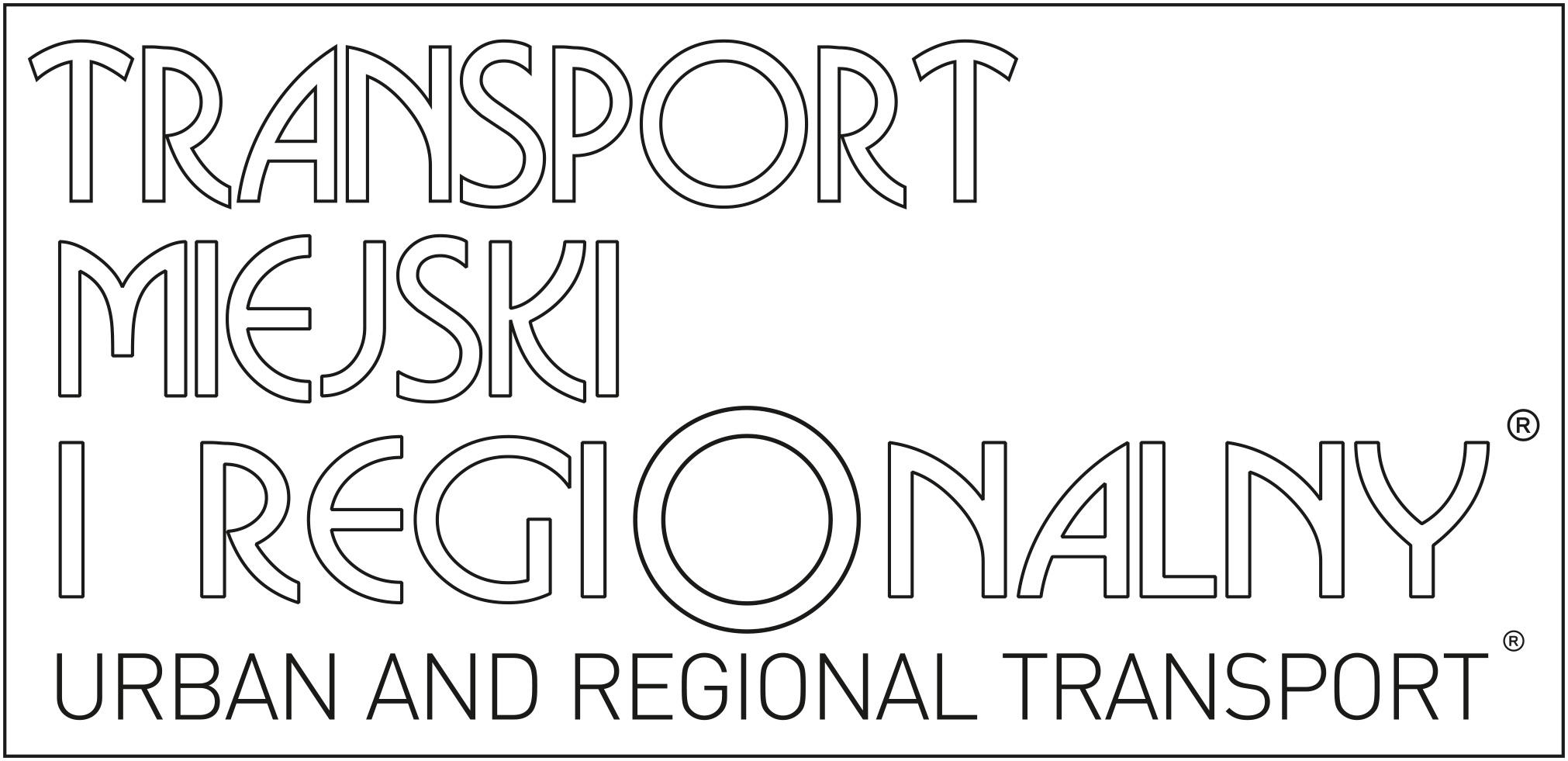
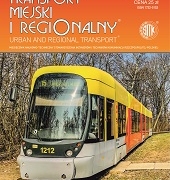
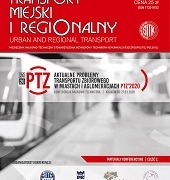
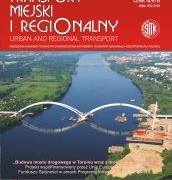 SITK RP
SITK RP 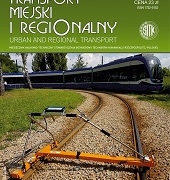
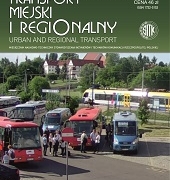
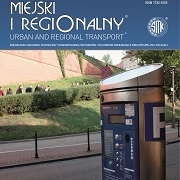 Wydawnictwa SITK RP
Wydawnictwa SITK RP 
 SITK
SITK SITK RP
SITK RP